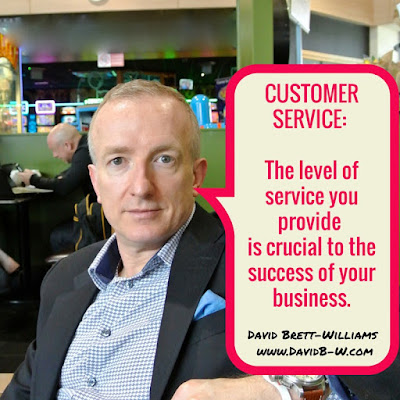And now,
the secret to happiness! A Swiss
study published in Frontiers in Psychology reveals that people
with high levels of hope are more likely to score high in life satisfaction.
Other traits, including zest, love, and social intelligence, were also linked
to life satisfaction.
It makes
sense: Hopeful people believe positive things can happen in the future, says
study author María Luisa Martínez Martí, Ph.D., so they work harder to achieve
their goals. Similarly, she says, zest gives you the energy to work hard and
reach your marks. Meanwhile, the capacity to love and be loved, and social
intelligence, might be key to maintaining a strong social network—an essential
source of support.
But
"be more hopeful and socially intelligent" isn't exactly the most
actionable piece of advice. So here's what you can do to actually foster
those traits — and enjoy your life a little bit more.
Go
List-Crazy
 Hopeful
people are confident they can achieve goals. They also trust others, believe in
their ability to overcome difficult situations, and have a spiritual side that
gives them empowerment, connection, and reassurance, says Anthony Scioli,
Ph.D., a professor of psychology at Keene State University. He suggests
thinking about your long-term goals and how they can drive your life. “Try to
come up with lists of people, places, and things that can empower you and help
you reach those ends,” he says. Then, when you encounter obstacles, think: Are
these challenges real, or have I created them? “If they are real,
confronting them is better than denial,” says Scioli.
Hopeful
people are confident they can achieve goals. They also trust others, believe in
their ability to overcome difficult situations, and have a spiritual side that
gives them empowerment, connection, and reassurance, says Anthony Scioli,
Ph.D., a professor of psychology at Keene State University. He suggests
thinking about your long-term goals and how they can drive your life. “Try to
come up with lists of people, places, and things that can empower you and help
you reach those ends,” he says. Then, when you encounter obstacles, think: Are
these challenges real, or have I created them? “If they are real,
confronting them is better than denial,” says Scioli.
Get
Spiritual
This
doesn’t necessarily have to mean religion. “It’s reasonable to think about what
your spiritual needs are,” he says. “Look at pros and cons of different
spiritual traditions — they provide different types of hope.” Even simply
volunteering or helping others can be a spiritual experience in itself, he
says. It can leave you feeling more hopeful about the future.
Switch
Up Your Schedule
Zest is how
much energy and excitement you bring to daily life. Mixing up your routine may
foster it: In a 2012 paper in the Journal of Happiness Studies, people
improved their levels of zest by making a conscious effort to work physical
activity and sports, social activities, and challenging tasks into their daily
routines. They reinforced the schedule enhancements by writing down a
description of the activities they added to each day.
Learn
to Love Meditation
A landmark
study published in the Journal of Personal and Social Psychology
suggests that you can increase your potential to love yourself and others with
"loving-kindness meditation." Like other types of meditation, this
involves sitting with your eyes closed and focusing on your breath. However,
instead of centering your mind on the moment, you think about a person you love
and then extend those good feelings to yourself and others. This may help you
experience and pay attention to positive emotions, the researchers say.
Talk
to Yourself
Social
intelligence is your ability to navigate social situations and relate to other
people. Easier said than done, right? You can start by asking yourself:
Then if you notice that you find yourself
saying that, attributing it to other people, ask yourself:
"What role did I
play in the situation, even if I think it’s 90% the other person’s
responsibility?” suggests Ilene Wasserman, Ph.D., founder and
president of ICW Consulting. You might find that you’re making a
consistent mistake that leads to conflicts or bad feelings, and then you can
take steps to correct it.
Let me know how you use these 5 strategies to boost your good vibes.
That is all -
David
Read Similar Articles Here







